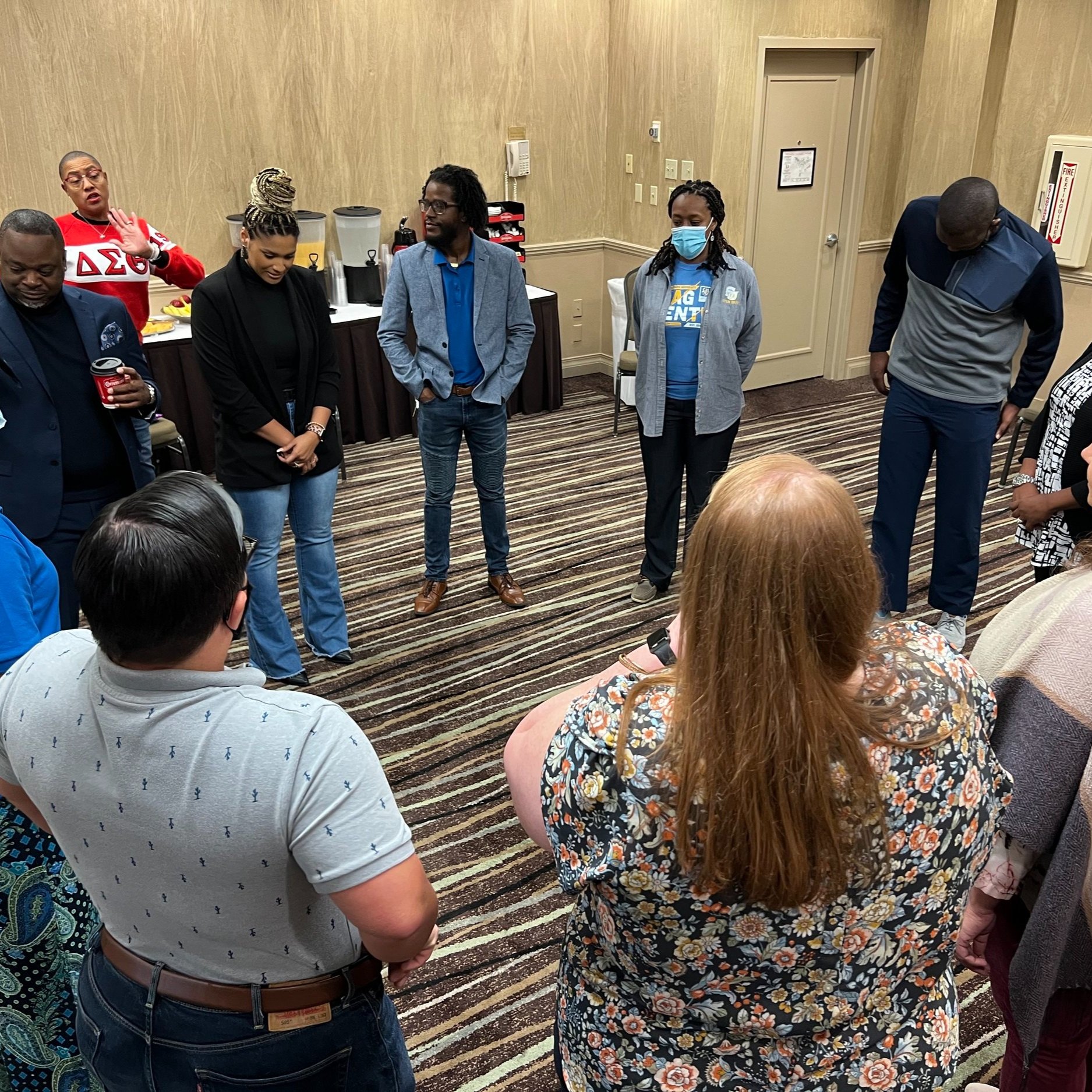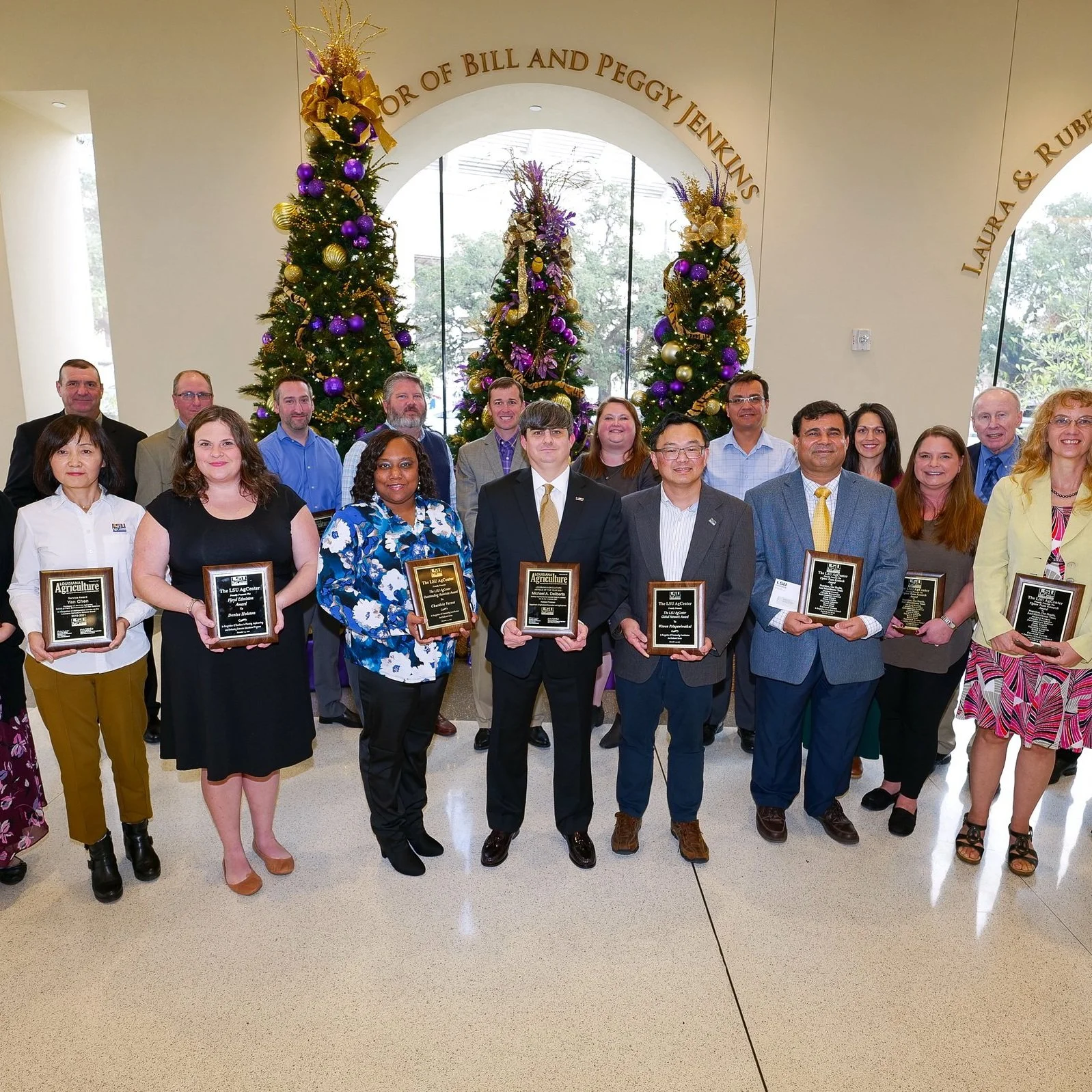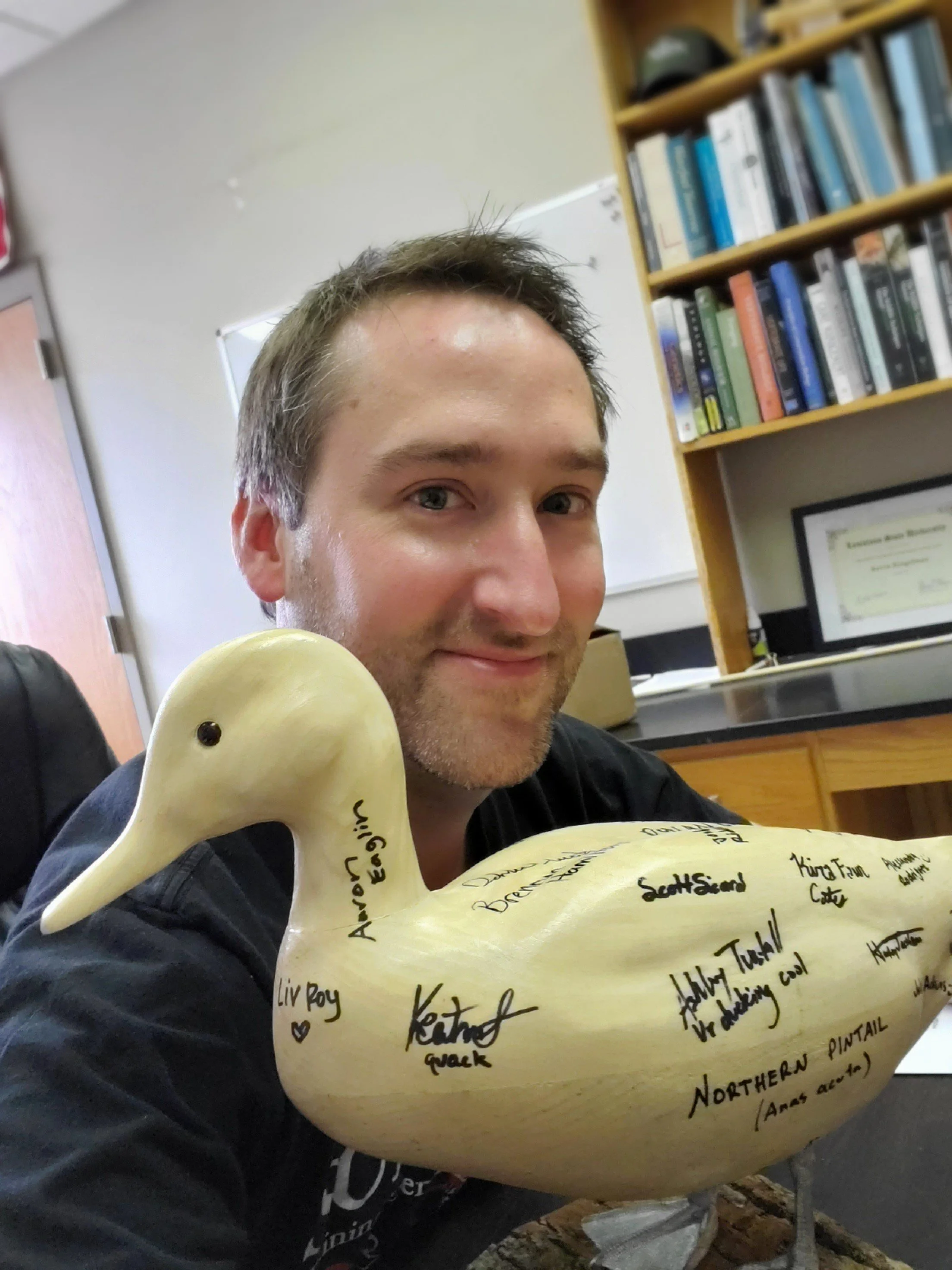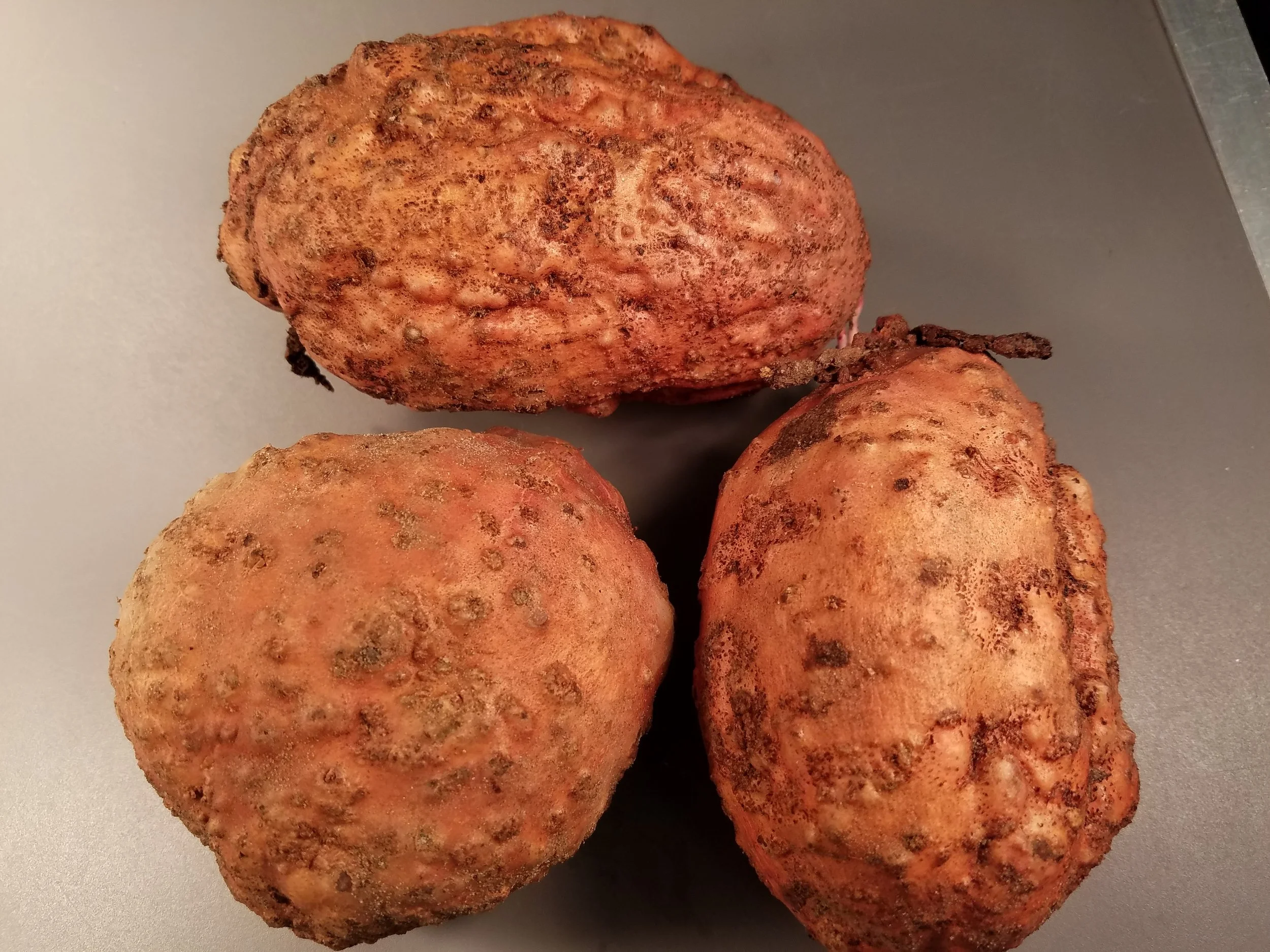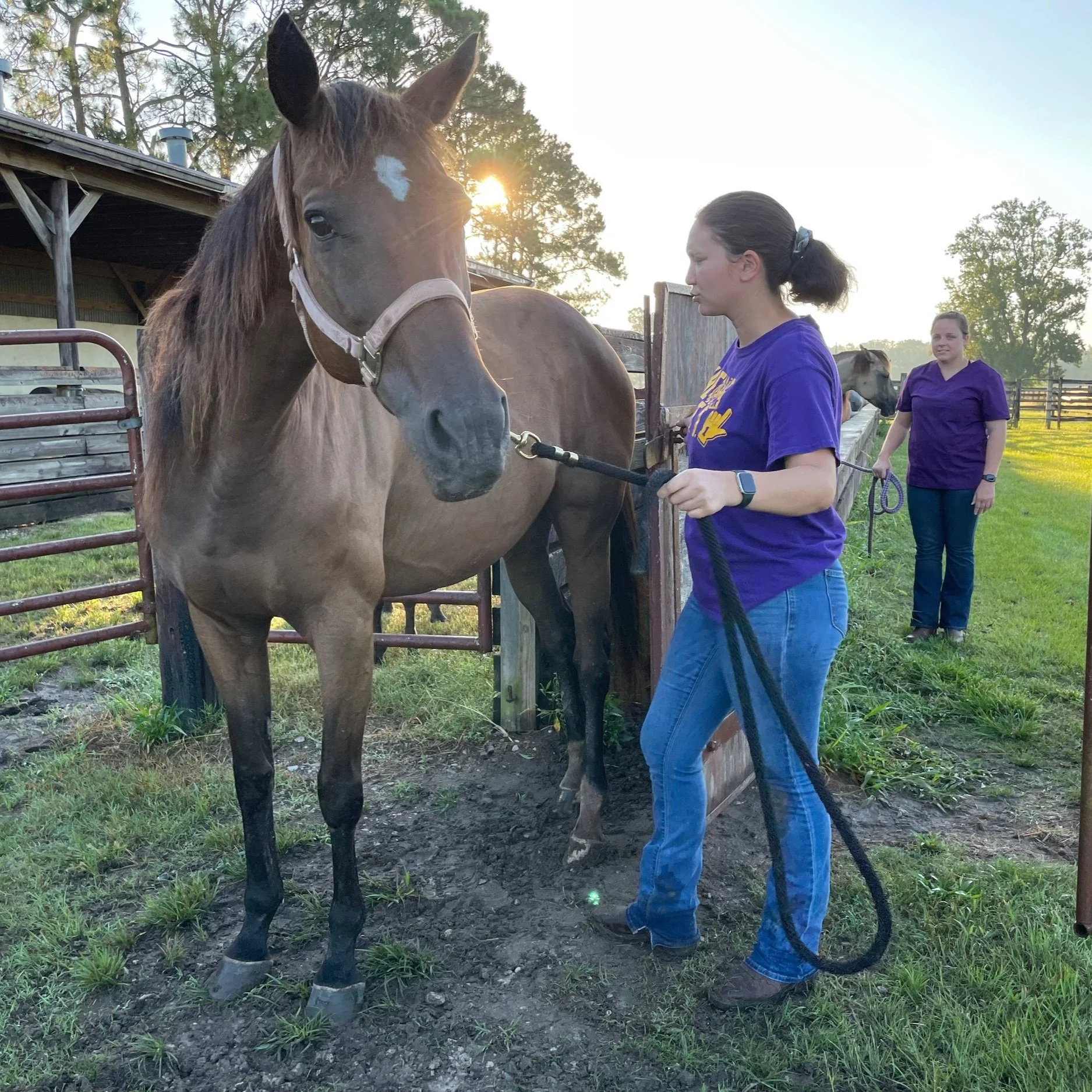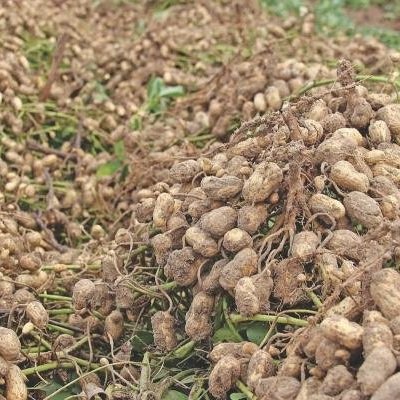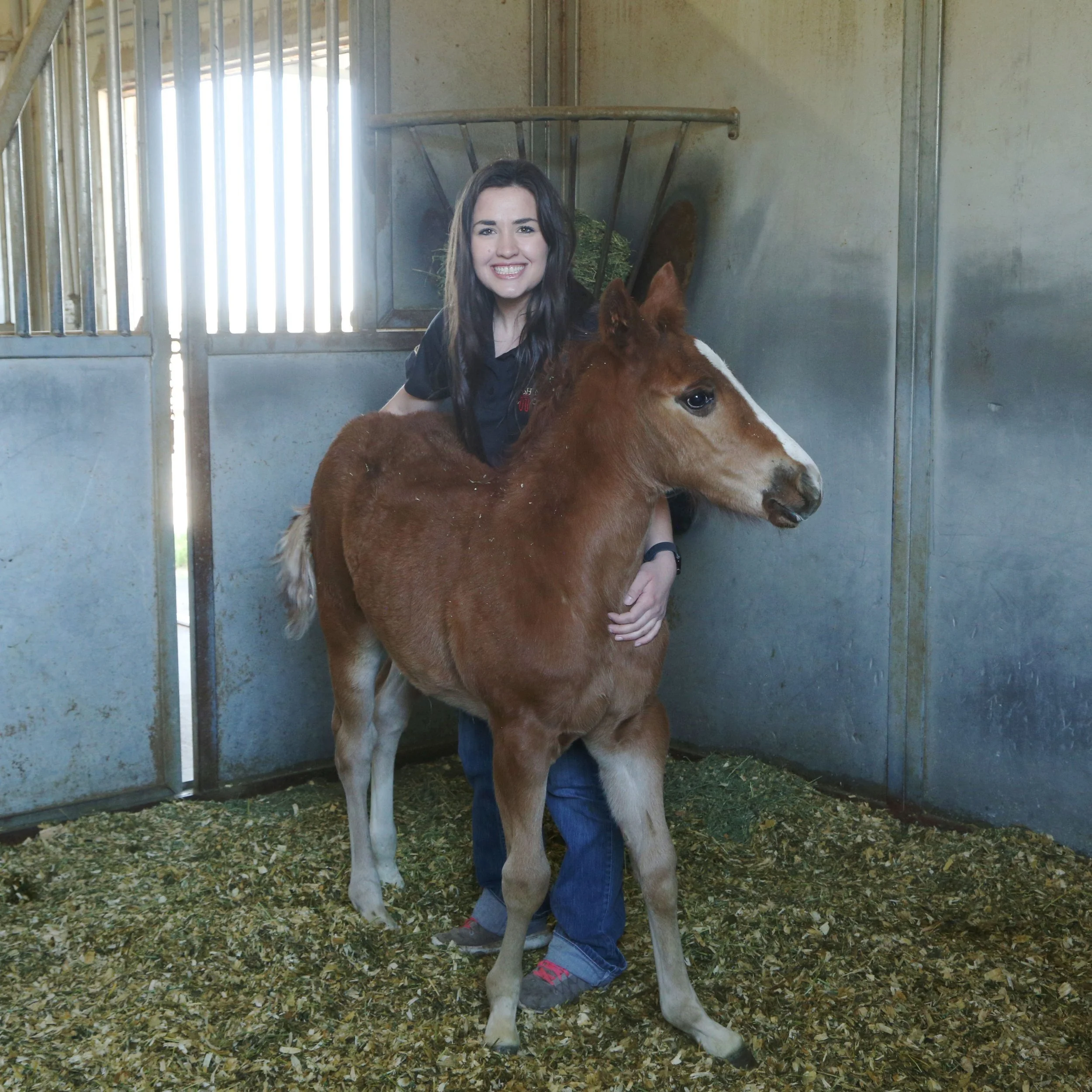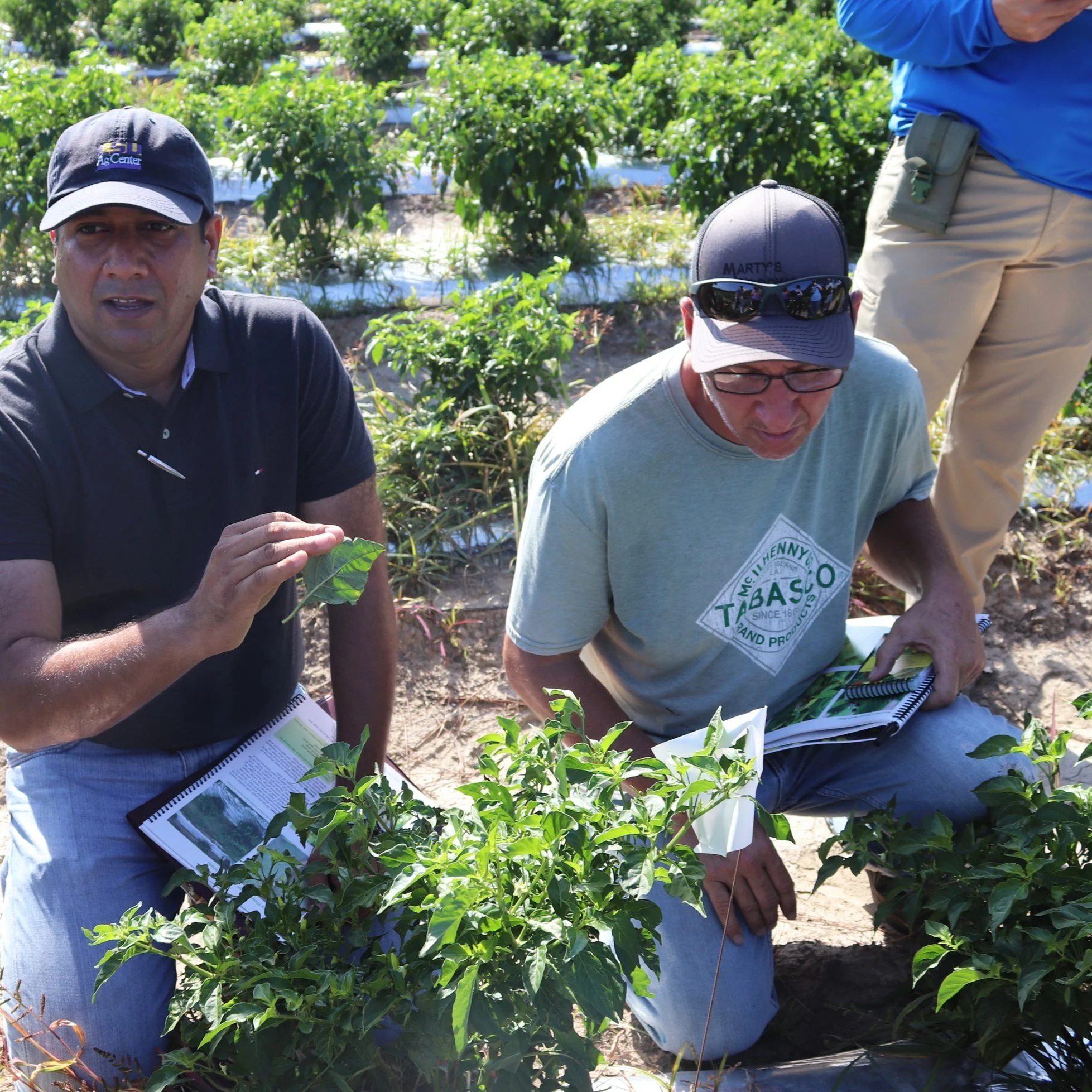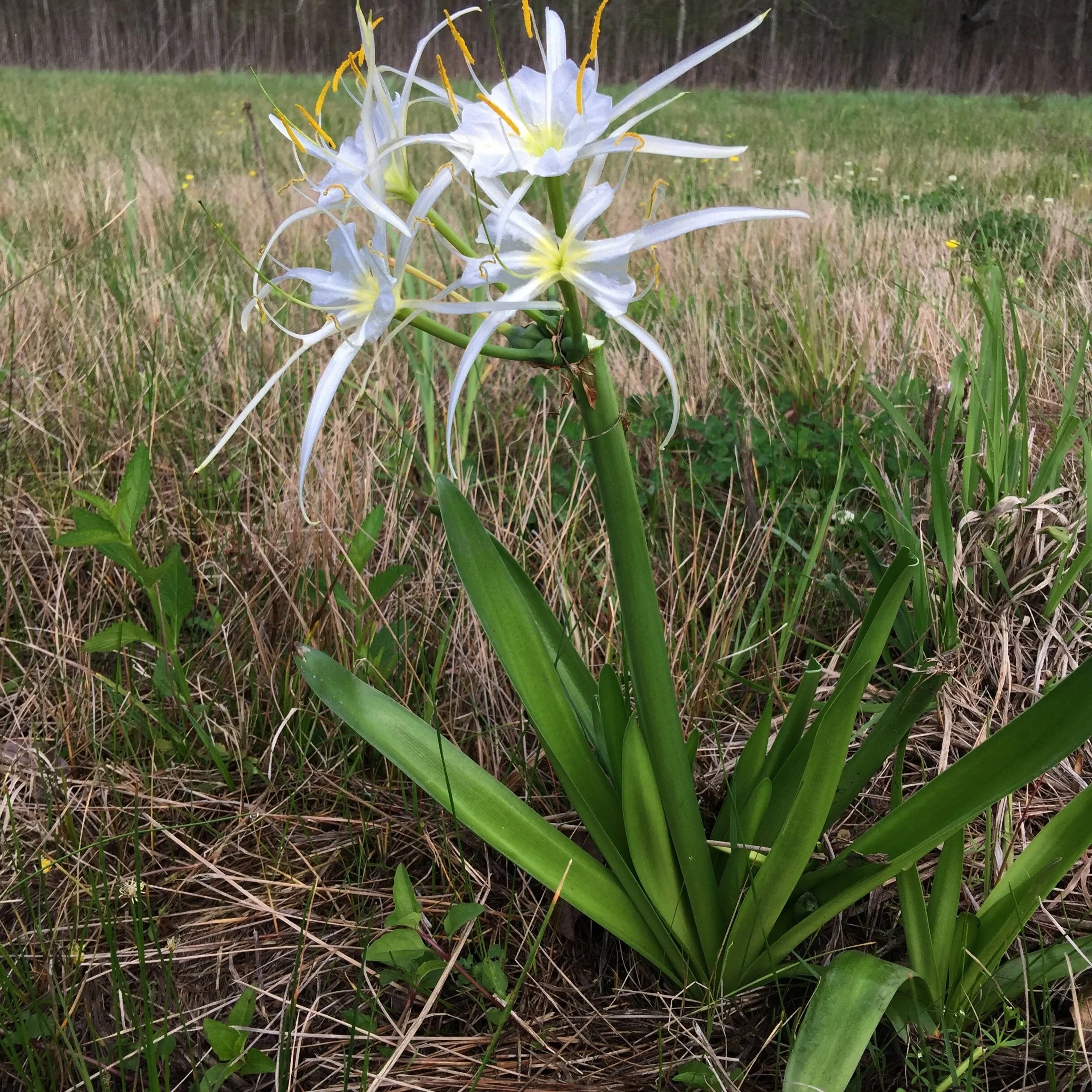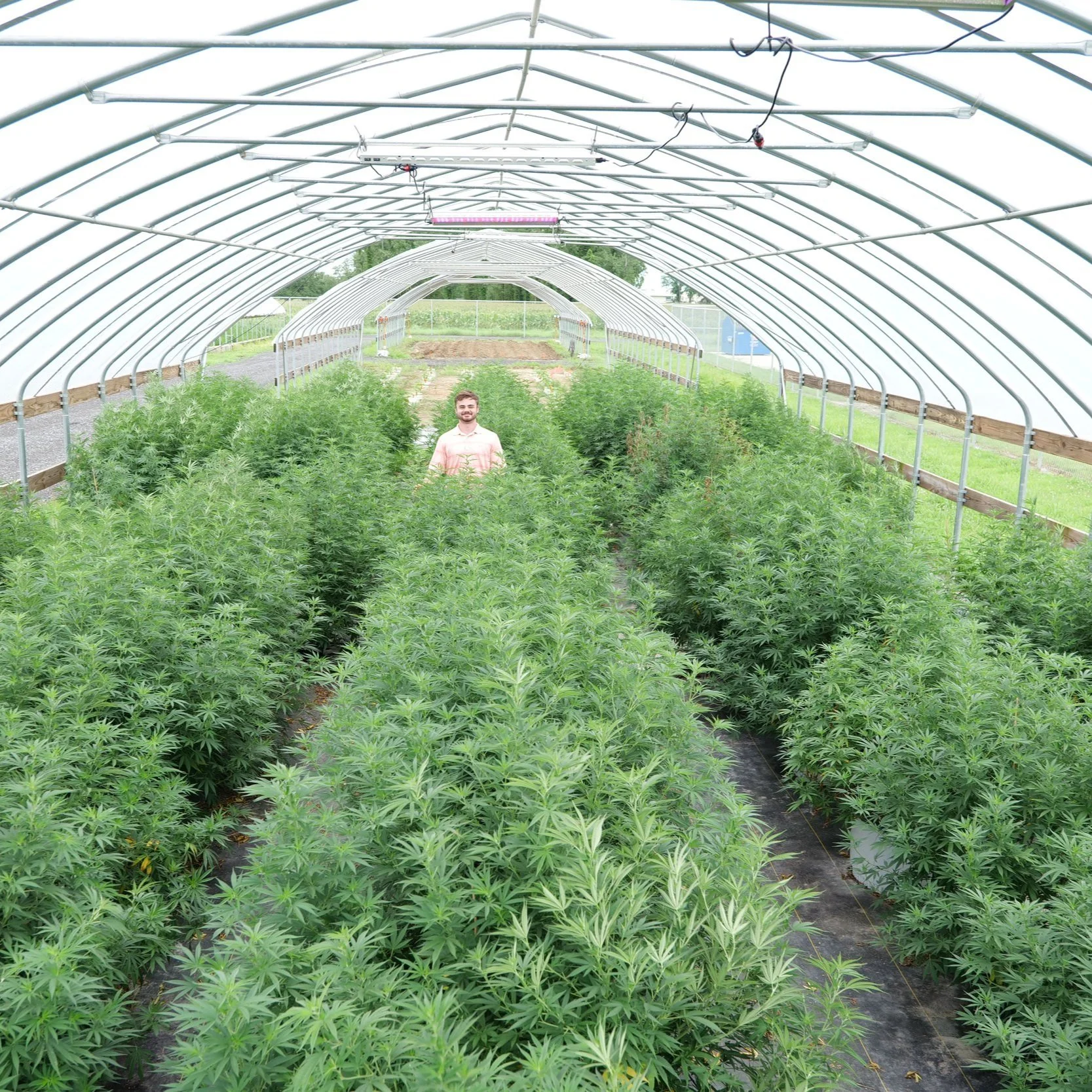LSU AgCenter Crops, Cattle Forum Set For January 6
The LSU AgCenter will hold the Central Region Crops and Cattle Forum on Thursday, Jan. 6, at the State Evacuation Shelter near the LSUA campus in Alexandria.
Registration will begin at 7:45 a.m. The program will get underway at 8:20 a.m. with opening comments by Tara Smith, director of the AgCenter Central Region.
Read More
LSU, Southern Ag Centers Focus On Racial Understanding In Two-Day Workshop
Small steps in a positive direction that lead to substantive change was the theme of Coming Together for Racial Understanding, a joint workshop between the LSU and Southern University agricultural centers held Dec. 9 and 10.
The two-day event focused on group exercises, open dialogues and active listening opportunities that concentrated on inclusiveness.
Read More
LSU AgCenter, LSU College Of Agriculture Honor Faculty, Staff At Award Ceremony
The LSU AgCenter and the LSU College of Agriculture recognized outstanding faculty and staff during an awards ceremony Dec. 14 at the LSU Foundation Center for Philanthropy.
Read More
Fitting the Bill: AgCenter Researcher Honored With Ducks Unlimited Endowed Professorship
Kevin Ringelman, associate professor in the LSU School of Renewable and Natural Resources, has been named recipient of the prestigious H. Dale Hall Ducks Unlimited Endowed Professorship in Wetlands and Waterfowl Conservation.
Read More
Multistate Team Awarded $5 Million to Research Invasive Species Harmful to Sweet Potatoes
A team of LSU AgCenter researchers, along with those from four other universities, have been awarded a U.S. Department of Agriculture National Institute of Food and Agriculture grant of more than $5 million to develop sweet potato varieties resistant to the invasive guava root-knot nematode.
Read More
Central Research Station Brings International Acclaim
The 3,000-acre Central Research Station south of Baton Rouge is the one among the LSU AgCenter’s 15 research stations that has brought about the most international acclaim, but it is little known outside of the LSU campus.
The fame came from two remarkable events that happened there. Back in 2000, the world’s first transgenic goat was born at the station and then cloned to create a herd of goats that produced a substance in their milk that could be turned into a valuable heart medication. This was four years after Scotland’s historic Dolly the sheep was cloned.
Read More
LSU AgCenter To Host Winter Crop Meeting December 15
The LSU AgCenter will host a crop production meeting on Wednesday, Dec. 15 at the Scott Center on the Macon Ridge Research Station in Winnsboro, La. The meeting will focus on strategies for diversifying crop production in the northeastern region of the state.
Read More
Southeast Research Station Focuses On Dairy
Tucked in the rolling hills of Washington Parish sits the LSU AgCenter Southeast Research Station. Pastures, barns and a milking parlor dot the landscape as do the dairy cows that are the focus of the research at the station.
Established in 1944, the station opened at a time when many families in the Florida Parishes had at least a few dairy cows. The Franklinton Chamber of Commerce had been working for several years to get an experiment station in the area to conduct research applicable to dairy and beef cattle.
Read More
Research Milestone: Horses Treated To Ovulate Early Give Birth To Healthy Foals
For decades, LSU AgCenter researchers have sought to alter female horses’ reproductive cycles to help them become pregnant earlier and give birth at the beginning of the year to meet the needs of the competitive racing and show horse industry.
Read More
Open Source Devices To Help Protect The Genetic Resources Of Louisiana Fish & Shellfish
Oysters and fish represent the vibrant heritage of the Gulf Coast and a traditional way of life for the people of Louisiana. It is important to keep oyster and fish populations healthy and growing in the estuaries and along the Gulf Coast. The genetic resources of these fish and shellfish are what makes them suited for life here in Louisiana, and those genetic resources need to be protected.
Read More
AgCenter Plant Diagnostic Center Marks 10 Years Of Solving Plant Health Problems
In the past 10 years, Raj Singh and his staff at the LSU AgCenter Plant Diagnostic Center have examined thousands of plant samples mailed to them by home gardeners and commercial growers in search of answers to their horticultural problems.
From fungal infections to insect pests to nutrient deficiencies, the Plant Diagnostic Center has seen it all.
Read More
Improving Science And Management Of Louisiana's Forested Wetlands
Wetlands are a prominent part of Louisiana and managing them well is critical for the future. The School of Renewable Natural Resources has a leading role in supporting management of forested wetlands of the state through research, teaching and extension. Two recent events — establishment of the Forested Wetlands Observatory and the Louisiana Coastal Forest Workshop — promise to be landmarks in progress toward improving science and management in forested wetlands.
Read More
2021 Corn Official Hybrid Trial (OHT) Preliminary Results
2021 Corn Hybrid Trails For Louisiana growers.
Read More
On-Farm Research Identifies Options For Managing Fungicide-Resistant Aerial Blight Of Soybeans
In areas of Louisiana where rice and soybean rotations are common, aerial blight of soybean (Figure 1) is a major problem. The fungal pathogen Rhizoctonia solani also causes sheath blight of rice (Figure 2). Since the late 1990s, strobilurin fungicides, which are known as Qol fungicides, have been used extensively in rice and soybean production to combat many foliar diseases. During the 2010s, field failures using these materials to manage aerial blight and sheath blight began to occur, particularly in the southwest portion of the state where 70%-75% of Louisiana rice is produced.
Read More
Budding Opportunities For Industrial Hemp In Louisiana
The 2018 Farm Bill cleared the way for the commercial production of hemp within the United States and, in so doing, established hemp as a row crop alternative with the potential to be economically lucrative for U.S. producers.
Within the provisions of the 2018 Farm Bill, each state that was interested in the cultivation of hemp had to submit an industrial hemp production plan to the U.S. Department of Agriculture for preliminary approval before any hemp-related activities could begin. Louisiana’s state industrial plan for the production of hemp was approved by the USDA in December of 2019.
Read More


